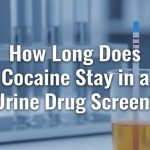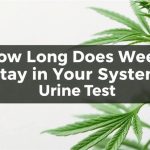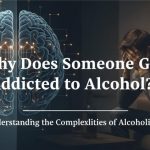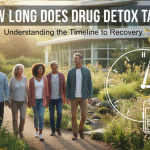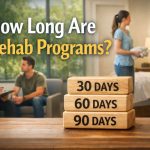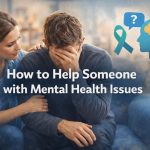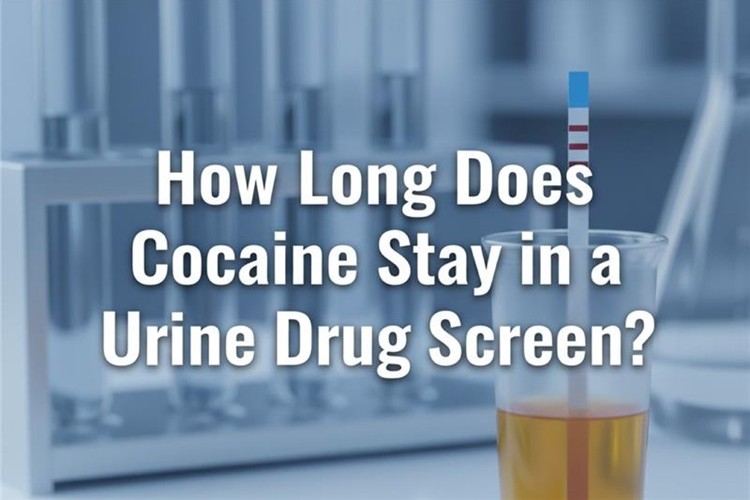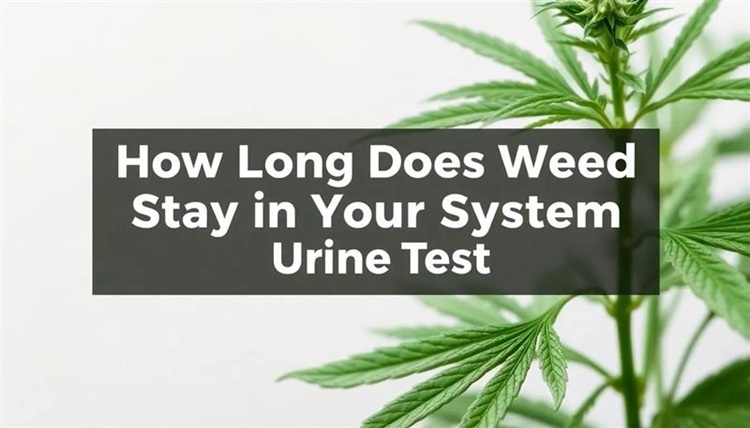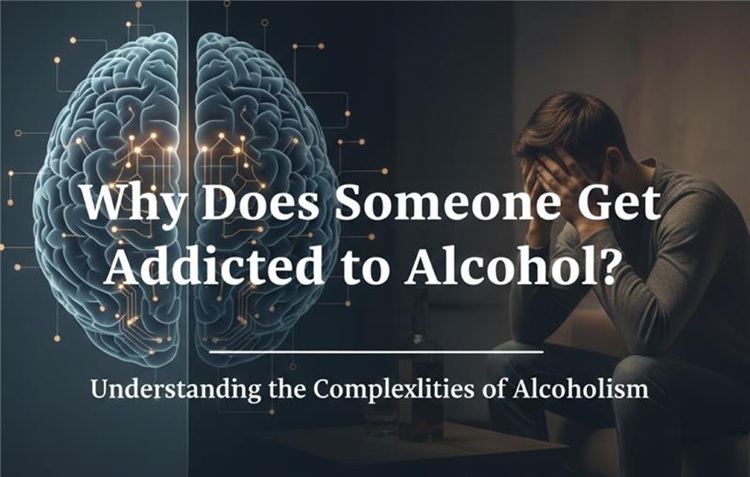The addiction to drugs as well as drug use disorder impacts millions of people globally. Brain and behavior disruptions caused by these disorders make individuals incapable of managing substance use even when negative effects become evident. Proper knowledge of drug use disorder together with its underlying reasons and appearance of signs and treatment alternatives, assists everyone in making educated choices toward recovery.
What is Drug Use Disorder?
Chronic drug use disorder exists when people engage in constant drug searches while showing ineffective respect for adverse effects from their drug abuse. Drug use disorder impairs brain function, thus reducing a person’s ability to think rationally while also diminishing their impulse control capabilities. Drug usage gradually creates dependence along with addiction, which requires medical assistance to quit using drugs.
Causes of Drug Use Disorder
A range of elements produce drug use disorders, which includes:
- A person’s risk of becoming addicted to substances becomes higher when they have blood relatives who have battled substance addiction.
- Environmental factors that can fuel substance abuse include encountering drugs during early development and the influence of peers together with stressful living conditions.
- Drugs become more attractive for people who hold diagnosed mental health conditions such as depression and anxiety and bipolar disorders.
- Drug dependence becomes more likely for those who begin consuming drugs during early years of life.
- Long-term drug use modifies brain substances, which strengthens the compulsion to search for drugs.
100% Confidential Support is Available 24/7
No matter what you’re going through, you’re not alone. Our dedicated team is here to provide a safe, judgment-free space where you can talk openly and honestly. Whether you need emotional support, resources, or just someone to listen.
We’re here for you—completely confidential and always respectful of your privacy. Call us today!
The Link Between Bipolar Disorder and Drug Use
Drugs and bipolar disorder form a clear relationship that exists between these two conditions. The mood swings of bipolar disorder drive numerous patients to use alcohol or drugs as their primary means of managing their symptoms. Substance abuse intensifies bipolar disorder symptoms, which creates problems in effectively handling the illness. Drug usage creates negative impacts on bipolar disorder while simultaneously worsening symptoms and clinical management of the condition.
- Increases the severity of mood swings
- The use of drugs disrupts the effectiveness of bipolar disorder medications that have been prescribed by doctors.
- Leads to higher rates of hospitalization
- Increases the risk of dangerous behaviors and suicidal thoughts
A dual diagnosis treatment plan remains vital for patients who experience bipolar disorder combined with drug abuse as it enables them to treat both health problems at once.
Contact Palm Coast Treatment Solutions
Battling with Drug and Alcohol Addition? Remember, you are not alone and we are here to help you!
Symptoms of Drug Use Disorder
Early drug use disorder intervention requires detection of its relevant symptoms. Common signs include:
- Strong cravings for the substance
- Inability to control drug use
- People who overlook their duties in employment as well as academic and household tasks.
- Someone who develops tolerance must use stronger quantities of substance because their initial doses no longer work effectively.
- Use of drugs leads to withdrawal symptoms when the individual stops using them.
- People resort to dangerous behavior to obtain drugs and also to use drugs.
- People with substance use disorder lose interest in their usual activities and hobbies.

Overcome Addiction with Palm Coast Treatment Solutions.
Book an appointment.
Drugs for Alcohol Use Disorder
People who are addicted to alcohol can benefit from multiple medications which received FDA approval to help in their recovery process. The medications assist patients by decreasing their desire to drink and controlling withdrawal symptoms while stopping them from reverting to alcohol use.
Common Medications for Alcohol Use Disorder:
- The medication system Disulfiram (Antabuse) produces negative alcohol reactions that function as an effective prevention tool against drinking.
- Naltrexone (Vivitrol, Revia): Reduces cravings and the pleasurable effects of alcohol.
- The medication Acamprosate (Campral) achieves two functions: it restores brain balance and also assists in decreasing alcohol dependence.
- Topiramate shows limited evidence of effectiveness for alcohol use disorder even though the FDA has not approved it for this condition.
- When used with behavioral therapy and counseling, these medications achieve the highest levels of effectiveness in treatment.
Treatment Options for Drug Use Disorder and Addiction
Professionally validated treatment solutions exist to help people overcome addictive conditions and preserve their period without drugs.
1. Detoxification
Medical detoxification serves as the initial element in addiction treatment. Professional medical supervision uses this method to both cleanse the body of dangerous substances and control safe withdrawal symptoms.
2. Inpatient Rehabilitation
People who enroll in residential rehab programs receive continuous medical support together with structured therapies to establish recovery stability throughout each day.
3. Outpatient Treatment
Outpatient treatment offers patients access to therapy services so they can maintain their professional and academic activities.
4. Behavioral Therapy
Behavioral therapy models including Cognitive Behavioral Therapy (CBT), Dialectical Behavior Therapy (DBT), and Contingency Management direct clients to different patterns of thinking and how their behaviors connect to substance abuse.
5. Medication-Assisted Treatment (MAT)
The combination of medications in medication-assisted treatment reduces alcohol and drug cravings and withdrawal symptoms which enhances the likelihood of successful recovery.
6. Support Groups
During recovery, patients participate in Alcoholics Anonymous (AA) and Narcotics Anonymous (NA) support groups which offer community members important continuing support through accountability and peer guidance.
Overcome Addiction with Palm Coast Treatment Solutions.
Book an appointment.
The Importance of Seeking Professional Help
Most addiction sufferers hide their problems because they experience feelings of guilt or terror regarding seeking support. Through professional help patients access essential tools in addition to receiving vital support, which leads toward a successful recovery. Anyone who does not get addiction treatment will probably develop significant health threats alongside financial damage and relationship breakdowns.
Our staff at Palm Coast Treatment Solutions develops individualized addiction treatment plans for each patient enrolled in our programs. Our experienced team provides every patient with evidence-based therapy along with medication-skilled addiction care and emotional support for full recovery.

Recovery Begins with Your Initial Move
Professional support combined with suitable treatment makes it possible to recover from drug use disorder and addiction. Palm Coast Treatment Solutions stands ready to assist anyone who needs help directly or through their family members. Our skilled team members offer both sympathetic service and individualized care while showing you the way to prolonged recovery success.
To know more about our treatment programs, call us at (386) 284-4151 so you can begin your path toward a substance-free, healthier life today.






